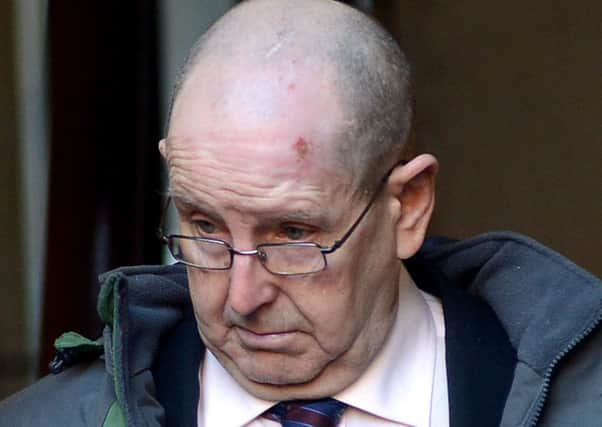M62 minibus crash driver loses appeal


Bethany Jones, 18, of South Elmsall, died and others in the party, including her mother and sister, and the bride-to-be, were seriously injured in the crash on the M62 near Pontefract.
James Joseph Johnson, 65, of Whytecote Road, Wyke, who had suffered two strokes and should not have been driving, was jailed for six years and eight months at Leeds Crown Court last November.
Advertisement
Hide AdAdvertisement
Hide AdThe court had heard how the bus they were travelling in had come to a stop after its clutch failed, and a lorry ploughed into the rear of it.


Shortly after they set off, some of the women complained they could smell burning and Johnson pulled the 24-seater coach over.
But, after making a ‘cursory examination’ of the vehicle, he carried on driving.
As he drove along the M62, the bus began to lose power and slowed to as little as five-miles-an-hour. Several other road users beeped to warn him, but he ignored them - passing a junction without turning off and failing to move onto the hard shoulder or to put his hazard lights on.
Advertisement
Hide AdAdvertisement
Hide AdJust 100 metres past the junction, a lorry ploughed into the back of the coach, propelling it several metres.
The lorry driver was cleared of any wrongdoing after a trial.
Bethany, a trainee nurse, was pronounced dead at the scene, while her mother, Diane, and sister, Amy, were severely injured. Other women in the bus were also seriously injured.
The bus driver previously admitted causing Bethany’s death by dangerous driving.
Advertisement
Hide AdAdvertisement
Hide AdJohnson challenged his sentence at London’s Criminal Appeal Court, with his lawyers arguing it was “too long”.
But his complaints were thrown out by three senior judges who ruled his punishment was “justified” in light of his “completely thoughtless behaviour”.
On appeal, his barrister, Samuel Green QC, argued that Judge Guy Kearl QC, who jailed Johnson, didn’t take enough account of his medical condition, saying its resulting cognitive disabilities “reduced his moral culpability”.
The court had heard Johnson had poor memory and concentration following two strokes in 2008 and 2011.
But, dismissing the appeal, Mr Justice Cranston said the judge’s sentencing remarks were “careful and thorough”, taking account of all factors.